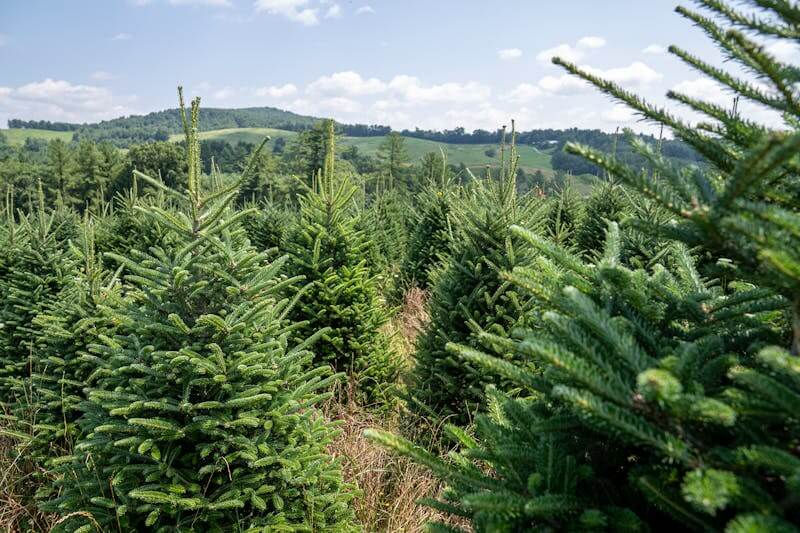July: ATLANTIC MACKEREL Scomber scombrus
- Oct 4, 2024
- 3 min read

Ask the question “have you ever been fishing?” and regularly the answer will be “only once – a bit of mackerel fishing while on holiday!”
The good old mackerel is often associated with summer holidays and something to do to occupy the family – a trip out on a small boat, for all ages to confidently catch a few to bung on the BBQ later. Not only great fun, but probably the start of many a person becoming hooked on the popular sport of fishing!
But have you ever stopped to think a little about this abundant fish that we all perhaps take somewhat for granted? It is actually an amazing species of fish, which really does warrant a little more attention and dare I say it “respect”.
The mackerel is a fast predatory fish which is closely related to the much larger Tuna. It has a wonderfully exotic blue and green back, with around twenty black bars running down each side into the shiny silver under-belly. It is not a large fish, usually measuring in at around 12 to 18 inches in length and weighing about 1lb. The UK shore record is however 5lb 11oz caught back in 1982 near to Brixham in Devon!
Mackerel are built for speed and along with a highly forked tail, can streamline themselves by retracting their dorsal fin into a groove in their body when they swim. They are actually the fastest swimming fish in UK waters, able to swim around fifty metres in ten seconds! In fact, they are such swift and manoeuvrable swimmers, that they have no swim-bladder as the organ is not able to adjust quickly enough to rapid vertical movements.
Many fish have a swim bladder which enables them to stay stable in water and control the way they float. If they want to swim upwards, they will take air into its swim bladder to make themselves more buoyant, alternatively to swim downwards, they will release air from the swim bladder. The mackerel has no such organ, as it uses a passive gill ventilation form of breathing, swimming along with mouth open and gill chambers expanded, so that water flows through the gills. mackerel therefore have to keep swimming to live, if they stop moving forward, they will drown.
Mackerel winter in deep water (approximately 300m) so leave our shores in the autumn, returning to the shallows around the UK coast from April onwards to spawn. North Sea mackerel overwinter in the deep water to the east and north of Shetland and on the edge of the Norwegian Deep, whereas mackerel found around the western shores move out to the continental slope, over-wintering across a vast area.
Some females are able to spawn at two years old, however, most reach maturity at three years of age. Female mackerel shed their eggs in about 20 separate batches over the course of a spawning season. An average-sized fish produces between 250,000 to 500,000 eggs.
Eggs hatch quickly, usually within a week of being laid and the juvenile mackerel grow rapidly and can reach 8 inches (22 cm) after just one year. They spend the next two to three years offshore while they reach maturity.
The diet of mackerel can vary with the time of year and the area in which they are found, but consists mainly of shrimp, sand eel and juvenile fish. Vast shoals of hunting mackerel can form, often numbering many thousand and when they attack a shoal of small fish or sand eel, the escaping fish can cause a “boiling” of surface water as they try and escape. This frenzied action by so many fish can attract fish eating birds such as Gannet, which in turn tells the experienced mackerel fishing boats where to head for!
It might surprise some of you (me included!) that the UK fleet catches more mackerel than any other species – over 213 thousand tonnes in 2022, comprising 33% of the total UK catch in 2022.
Interestingly, over the past 10 years there has been many observed shifts in the distribution of fish species, often attributed to climate change. A particular focus has been the apparent westward and north-westward spread of Atlantic mackerel into Icelandic and Faroese waters, with consequences for fisheries quota allocation and governance.
And finally, “holy mackerel” do they taste good – they really do! This blasphemous oath appears to date back at least 200 years and is one of very many blasphemous oaths with the Holy prefix. Holy Mackerel was almost certainly a reference to Catholics eating fish on Fridays, rather like Holy Cow is a reference to Hindus and Holy Smoke is probably a jibe at incense burning!
So, when you next fish for mackerel or place one onto a BBQ, maybe even under a mackerel sky if you are lucky, I hope you will give just a little nod of appreciation to this feisty little fish!



Comments